New Hope for Flatfoot People: 3D Sole Scanners Lead insole making into an era of personalization and precision
With the rapid development of medical technology, patients with flat feet have ushered in new good news.
Traditional insole production methods often lack precision and personalization, making it difficult to meet the special needs of patients.
Nowadays, with the widespread application of 3D foot scanners, the production of insoles is entering a new era of personalization and precision, bringing unprecedented comfort to those with flat feet.
The emergence of 3D foot scanners has completely changed the limitations of traditional insole production.
It adopts advanced 3D scanning technology, which can accurately capture the shape, structure, and force distribution of the patient's foot.
By scanning, doctors can obtain precise data on the patient's sole, providing scientific basis for subsequent insole design.
In terms of personalization, 3D foot scanners can customize suitable insoles according to the characteristics of each patient's foot.
Accurate data support can be obtained for the height, width, and shape of the arch of the foot. In this way, doctors can design personalized insoles that meet the specific needs of patients and effectively improve the discomfort and pain caused by flat feet.
In terms of precision, the application of 3D foot scanners makes insole production more precise.
Traditional insole production often relies on the experience and feel of doctors, making it difficult to ensure the accuracy and comfort of insoles. The 3D foot scanner can provide accurate foot data, making insole production more scientific and standardized.
Doctors can accurately adjust the curvature, thickness, and material of the insole based on scanned data, ensuring a perfect fit between the insole and the patient's sole, and improving walking comfort and stability.
In addition to personalization and precision, 3D foot scanners also have the advantages of speed and convenience.
Patients do not need to wait for a long time to complete a foot scan in a short period of time and receive professional insole making advice. This not only improves medical efficiency, but also brings patients a more convenient medical experience.
Of course, the application of 3D foot scanners still faces some challenges and limitations.
For example, the high cost and maintenance costs of equipment may limit its application in some primary medical institutions. In addition, patient acceptance and trust are also important factors affecting promotion.
Therefore, efforts need to be made in terms of equipment cost, technology popularization, and patient education in the future to benefit more patients with flat feet.
The emergence of 3D foot scanners has brought good news to those with flat feet.
It provides a new solution for insole production through high-precision scanning and personalized design. With the continuous development and popularization of technology, it is believed that more patients with flat feet will enjoy the comfort and convenience brought by personalized and precise insole making in the future.
At the same time, this will also promote innovation and development in the insole making industry, bringing health and happiness to more people.

 +86-0755-86131192
+86-0755-86131192 2024-02-26
2024-02-26 Back to list
Back to list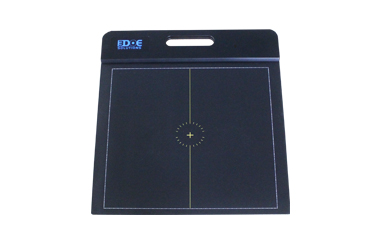
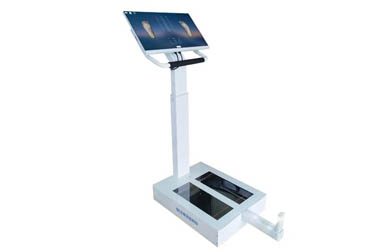
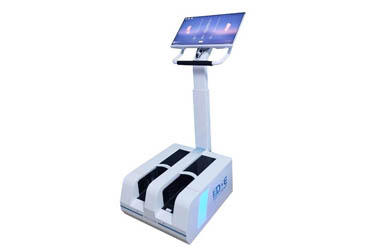
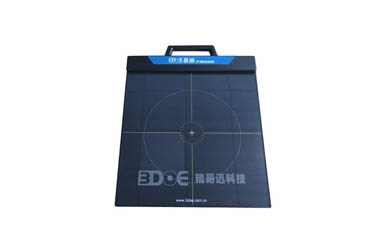
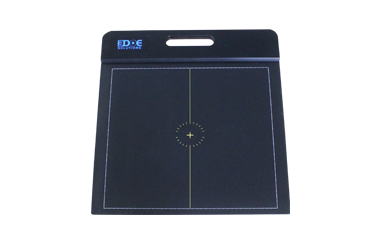
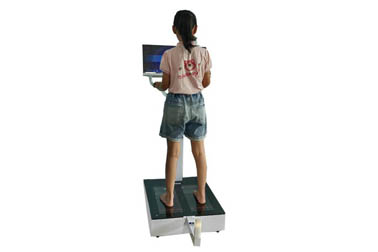



 +86-0755-86131192
+86-0755-86131192